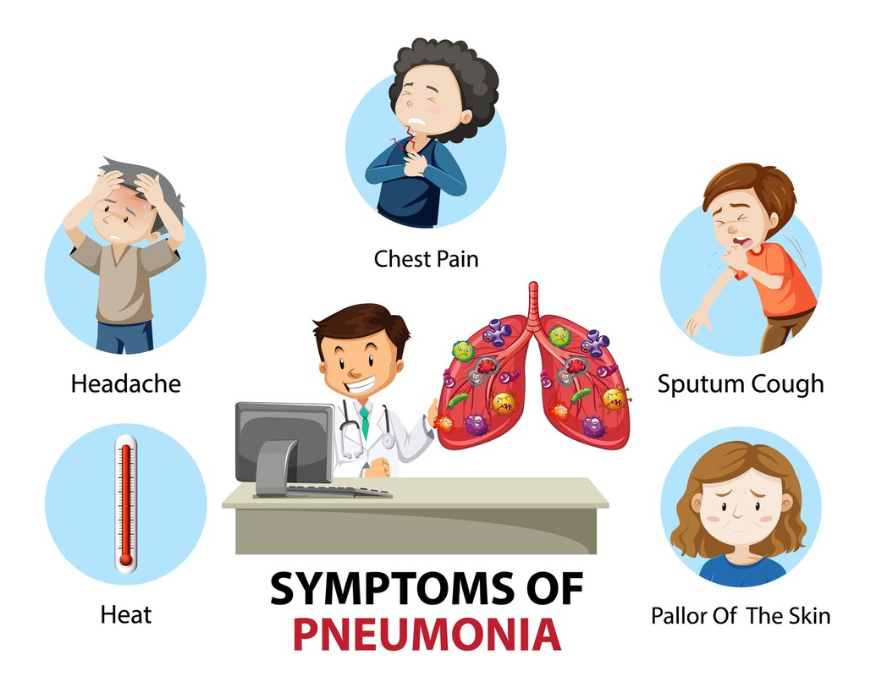
Symptoms of Emphysema: What to Look Out For
Introduction: Hey there, curious minds! Ever wondered what the signs of emphysema are and how to recognize them? Well, wonder no more! Let’s break it down in simple terms so you know what to look out for.
Emphysema is a lung condition that affects your ability to breathe. It’s a type of chronic obstructive pulmonary disease (COPD), and it can cause a range of symptoms that can vary from person to person. Here are some common signs to keep an eye out for:
- Shortness of Breath: Feeling like you can’t catch your breath, especially during physical activity, is one of the hallmark symptoms of emphysema. You might find yourself getting winded more easily than usual, even with simple tasks like walking or climbing stairs.
buy elavil online https://physiciansalliance.com/wp-content/uploads/2023/04/png/elavil.html no prescription pharmacy
- Chronic Cough: A persistent cough that doesn’t seem to go away, or gets worse over time, can be a sign of emphysema. You might notice that you cough up mucus, especially in the mornings.
- Wheezing: If you hear a whistling or rattling sound when you breathe, particularly when exhaling, it could be a sign of narrowed airways caused by emphysema.
- Chest Tightness: Some people with emphysema describe feeling a tightness or pressure in their chest, which can make breathing even more difficult.
- Fatigue: Feeling tired or fatigued, even after getting plenty of rest, is another common symptom of emphysema. This can be due to your body working harder to breathe or a lack of oxygen getting to your tissues.
- Weight Loss: Unintentional weight loss can occur in some people with emphysema, often due to a combination of decreased appetite and the extra energy your body uses to breathe.
If you’re experiencing any of these symptoms, especially if they’re interfering with your daily life, it’s essential to see a healthcare provider for an evaluation.
Early detection and treatment can help slow the progression of emphysema and improve your quality of life.
Remember, everyone’s experience with emphysema is different, so it’s essential to pay attention to your body and seek medical advice if you have any concerns.
To seek medical advice, always consult a Doctor. Here are our recommended experts.
Click here
To read more on Respiratory disease . Click Here



